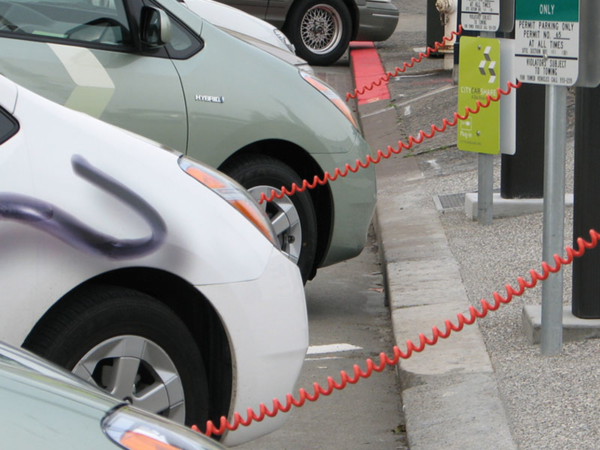
What’s the Real Cost?
Electric vans can be very expensive to buy and they are still too new to find any used vans for sale. So straight away you are looking at a vehicle that is quite a bit more expensive to purchase straight off the lot. But what about the running costs?
- Because electric cars are perceived to not produce any emissions they pay absolutely nothing on road tax – but then so do certain diesel vans.
- Allegedly fuel cost will be much cheaper, with the average cost of fuel per year knocking around the £500 mark rather than £3k of small petrol cars.
- If you live or work in London you don’t have to pay congestion charges which will save a few grand each year.
- Early statistics show that general servicing of electric vehicles will be cheaper, however expect to pay much more for repairs and replacements.
- According to experts, electric vehicles will depreciate very quickly – some dropping up to £15,000 in the first three years of being driven. More information here
The big shock comes when you need to replace the battery, which tends to last for around 10 years or 100,000 miles. One of the biggest electric car manufacturers is Nissan, and in a talk to the Telegraph in 2011 he mentioned that the Nissan Leaf’s battery is made up of 48 modules, each of which cost £404 to replace – that makes the total cost of replacing the batter £19,392! Additionally, consider how these batteries are to be disposed of – conventional batteries are already difficult to economically throw away and therefore it is safe to assume that this will be the same for their electric counterparts.
Issues with Driving
This is where the big, practical problems come in. Currently electric vehicles have a very small driving range – typically less than 100 miles. That makes them highly impractical for any sort of distance driving and can even hinder their practicality as high-use, inner-city vehicle.
This problem leads directly to the second point, finding a place to charge the vehicle. Currently there are very few public places to hook your electric vehicle up and charge it. Despite the fact that more are being introduced all the time, it is still very easy to be caught short and left in the lurch with no charging point around for miles. Granted in a few years this may not be such a problem, but until charging points are as wide spread as petrol stations then you may be running a risk.
When it comes to being truly economical, why not go for a high performing diesel engine with low emissions and excellent fuel efficiency? Not only will this be much cheaper to buy but it could save you a small fortune in running costs and give your business a much greater range.







